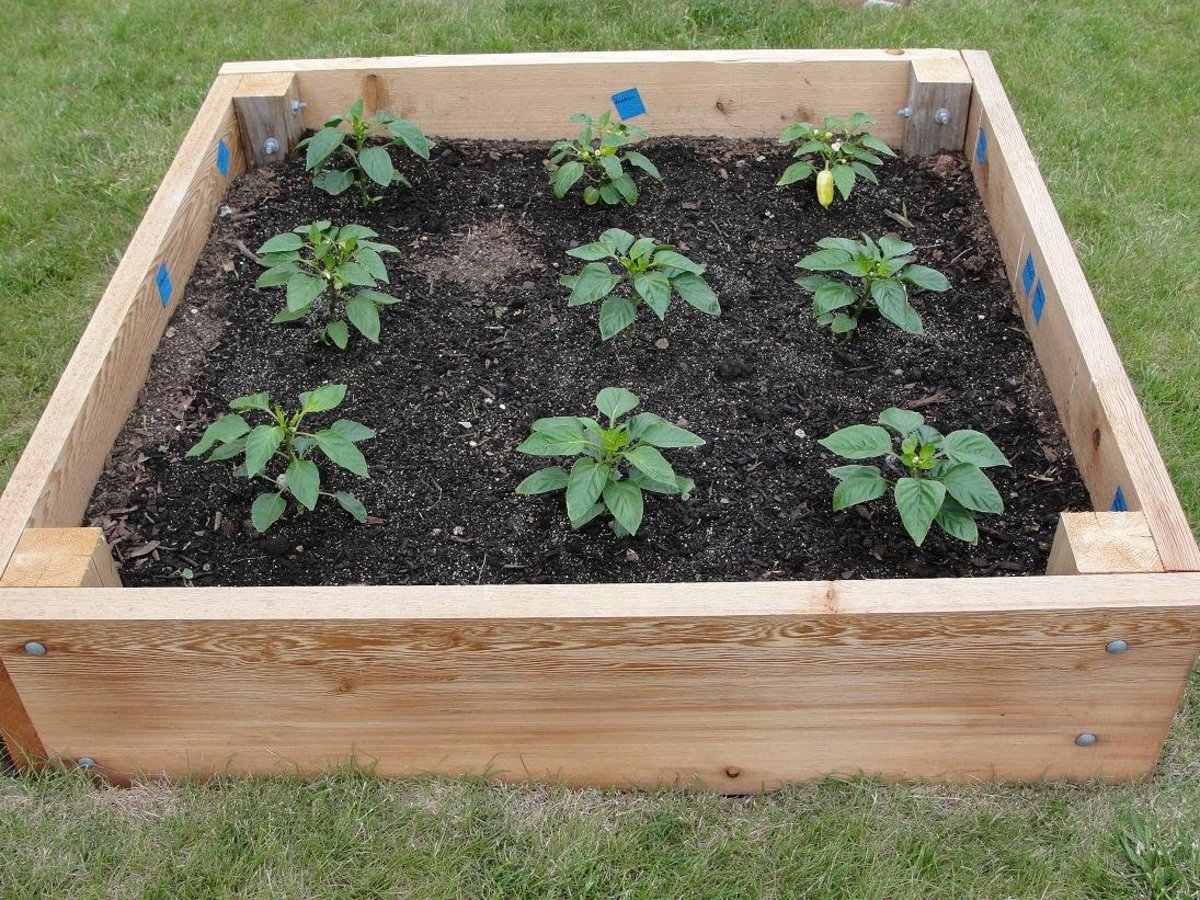
A compost pile is a great method to recycle yard debris. It is a continuous process that takes time. It should have enough space to hold three cubic yards of material. It should not be in the way and should be at least 3 feet by 3 feet. You should turn your compost pile on a weekly basis. In summer, the compost should be turned at least once per week.
Keep the pile odorless and moist. Vermin love smelling piles. Don't add any items that have been treated using pesticides, charcoal-ash, fertilizers, or other chemicals. Cat and dog poop can contain harmful bacteria, which can turn compost into hazardous waste. Avoid this problem by bagging unhealthful plant material and disposing them. Vermin can be avoided by installing wire fencing.

Common materials for composting include food scraps, yard waste, and paper. Hair and paper are great materials to add to the pile. But, you should not put animal products in it. They could attract pests. You should always dispose of oils and dairy products separately. You can also add paper, cardboard eggs boxes, and fallen leafs to the pile. It is important not to add any diseased plants to your pile as they can contaminate the soil.
A compost bin can be made from a variety materials, including fruits and veggies. A variety of different organic wastes can be used, including coffee grounds and pizza boxes. Newspapers, straw, and even paper can be used for the bin. Wood can also be added if it has not been treated. Keep adding vegetables, fruits and other foods to your compost bin in order to maintain its moisture. It should feel moist when touched.
The compost pile will have a dark, earthy smell during composting. The finished compost will have a unique smell and be moist. It can be used for fertilizing your garden or lawn. You can also start seedlings with it in containers. Make sure to maintain high moisture levels and keep your compost pile close to your home. Your compost will require moisture to be able to properly decompose. This is crucial for its growth.

For compost, you will need to use kitchen scraps as well animal manure and fruits and vegetables waste. A compost should smell earthy, and smell like soil. To ensure it is working properly, you should also monitor the temperature of your compost pile. You should check your compost pile for signs of food and vegetable decay. You'll need to add compost if it isn't turning.
FAQ
How do you prepare soil for a vegetable gardening?
It's easy to prepare the soil for a vegetable gardening. You must first remove all weeds from the area you wish to plant vegetables. Add organic matter such as leaves, composted manure or grass clippings, straw, wood chips, and then water. After watering, wait for plants to sprout.
Which seeds should you start indoors?
The best seed for starting indoors is a tomato seed. Tomatoes produce year-round fruit and are easy to plant. You should be cautious when putting tomatoes into pots. You should not plant tomatoes too soon. The soil can dry out, and the roots could rot. Plant diseases like bacterial disease can quickly kill plants.
What vegetables do you recommend growing together?
Growing tomatoes and peppers together is excellent because they both like similar temperatures and soil conditions. They complement each other well since tomatoes need heat to ripen while peppers require cooler temperatures for optimal flavor. If you want to try growing them together, start seeds indoors about six weeks before planting them. Once the weather cools down, transplant the pepper or tomato plants outdoors.
What amount of sunlight does a plant require?
It depends on the plant. Some plants require 12 hours of direct sunshine per day. Others prefer 8 hours of indirect sunlight. Most vegetables require 10 hours direct sunlight in a 24-hour period.
Statistics
- According to the National Gardening Association, the average family with a garden spends $70 on their crops—but they grow an estimated $600 worth of veggies! - blog.nationwide.com
- It will likely be ready if a seedling has between 3 and 4 true leaves. (gilmour.com)
- 80% of residents spent a lifetime as large-scale farmers (or working on farms) using many chemicals believed to be cancerous today. (acountrygirlslife.com)
- As the price of fruit and vegetables is expected to rise by 8% after Brexit, the idea of growing your own is now better than ever. (countryliving.com)
External Links
How To
How do I keep weeds from my vegetable garden?
Growing healthy vegetables is difficult because of weeds. They compete for water, nutrients, sunlight, and space. These tips will prevent them destroying your garden.
-
Take all flowers and plant material.
-
Clean up any plant debris at the base
-
Mulch can be used
-
Get enough water
-
Rotate crops
-
Don't let grass grow for too long
-
Keep soil moist
-
Plant early
-
Harvest often
-
Add compost
-
Avoid using chemical pesticides
-
Grow organic vegetables
-
Get heirloom seeds
-
Start small
-
Learn more about companion-planting
-
Be patient
-
Enjoy gardening!